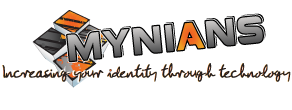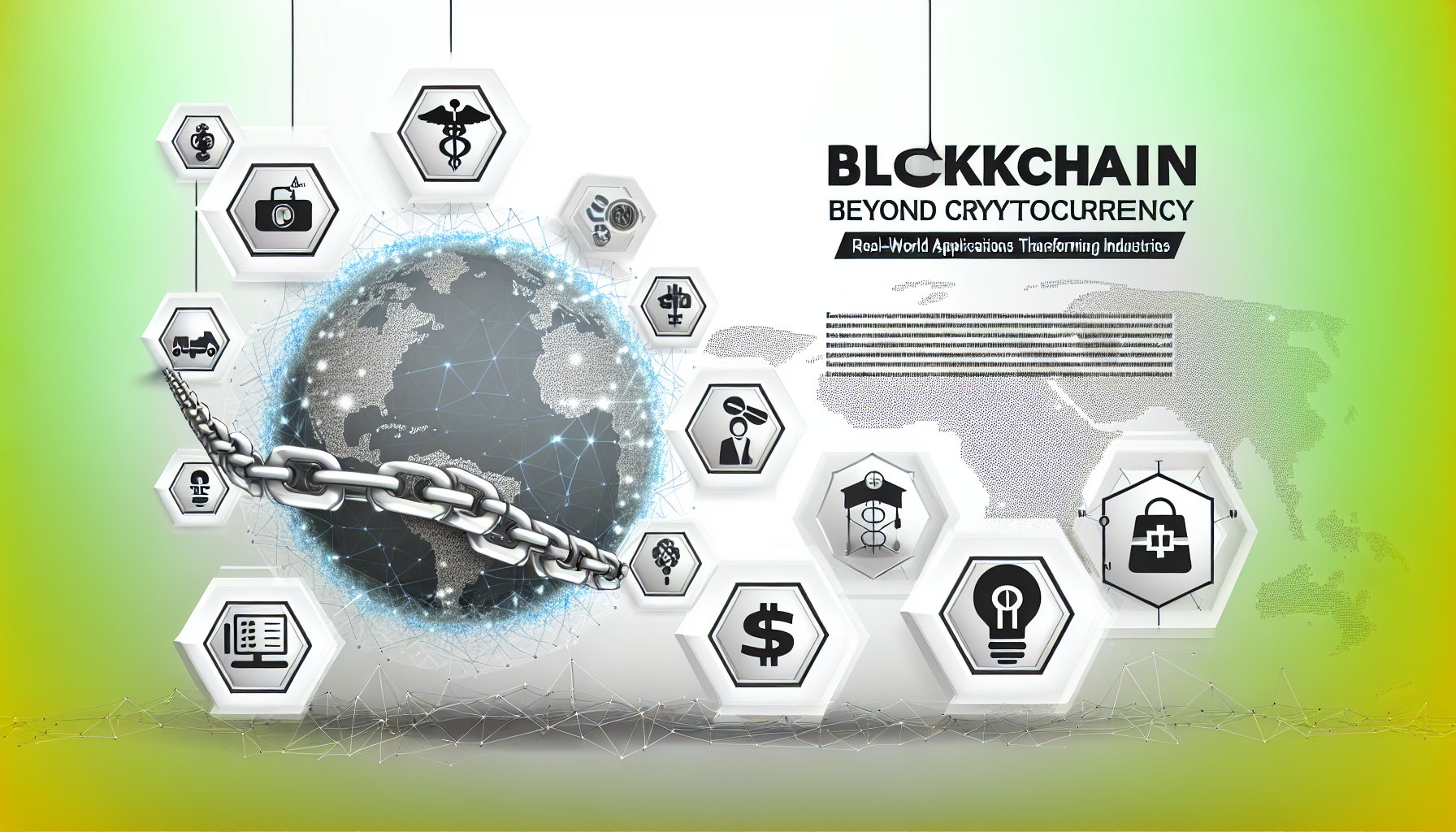Blockchain technology has grown significantly since the introduction of Bitcoin in 2009. While cryptocurrencies remain a primary use case, the underlying technology of blockchain offers transformative potential across various industries. Its ability to provide transparent, secure, and decentralized solutions has led to innovative applications far beyond financial transactions. This article explores how blockchain is being adopted in diverse fields such as supply chain management, healthcare, finance, the media, and beyond.
The Transparency and Security of Blockchain
At its core, blockchain is a distributed ledger technology (DLT) that allows data to be stored across a network of computers in an immutable and tamper-proof manner. This transparency makes it an attractive solution for industries that require a high level of honesty and traceability.
1. Supply Chain Management
One of the most significant and immediate applications of blockchain technology is in supply chain management. By using blockchain, companies can enhance transparency and traceability, which are vital for ensuring product authenticity and ethical sourcing.
Example: Walmart
Retail giant Walmart has pioneered the use of blockchain technology to track food products from farm to store. In the event of a foodborne illness outbreak, the company can quickly trace the origin of contaminated products, thus minimizing health risks and potential financial loss. By fostering greater transparency, Walmart aims to mitigate the risks associated with food safety disruptions.
2. Healthcare
Blockchain’s capability to securely store patient records while maintaining patient privacy revolutionizes the healthcare sector. It enables seamless access to medical history, thus increasing efficiency, reducing costs, and improving patient outcomes.
Example: MedRec
MedRec is an initiative developed by MIT that aims to create a decentralized electronic health records system on the blockchain. By doing so, patients can manage their records while granting permission for healthcare providers to access this information when needed. This application reduces administrative burdens while ensuring data integrity and security.
3. Financial Services
While cryptocurrencies like Bitcoin are often the focus when discussing blockchain in finance, the technology itself is being used in a plethora of ways to improve financial services.
Example: Cross-Border Payments
Traditional cross-border transactions can be slow and costly due to oversized banking networks and intermediaries. Blockchain can streamline these processes significantly by eliminating intermediaries. Companies like Ripple and Stellar are already making strides in this direction by allowing fast, secure, and low-cost international payments.
4. Real Estate
Blockchain can simplify the process of buying and selling real estate, which is often mired in complexities. By using smart contracts—self-executing contracts with the terms directly written into code—transactions can be automated and secured.
Example: Propy
Propy is a real estate platform that facilitates international transactions using blockchain technology. Through the use of smart contracts, buyers, sellers, and real estate agents can execute transactions more efficiently with reduced fraud risk, overall costs, and the need for intermediaries.
5. Voting Systems
Another area poised for disruption by blockchain is voting. Traditional voting systems can be vulnerable to tampering and fraud, while blockchain offers a secure and transparent alternative.
Example: Voatz
Voatz is a mobile voting platform that uses blockchain technology to enable secure voting from smartphones. It aims to simplify the voting process while ensuring the integrity and anonymity of voters. Pilot programs have successfully demonstrated the feasibility of this application in municipal and state elections.
6. Intellectual Property and Copyright
The recognition and protection of intellectual property rights are critical, as disputes can dampen creativity and innovation. Blockchain can help in registering IP rights, providing a transparent timeline of ownership.
Example: Ascribe
Ascribe is a platform that allows creators to register their work on the blockchain, making it easier to prove ownership and protect against unauthorized use. This provides artists and creators with a level of security that traditional systems often lack.
7. Media and Content Distribution
The media and entertainment industries are grappling with issues of copyright infringement and revenue distribution. Blockchain technology can enable finer control and greater transparency for content creators.
Example: Audius
Audius is a decentralized music streaming protocol allowing musicians to publish their work directly to fans without intermediaries taking large cuts from revenue. By using blockchain, artists can have greater control over their music and its earnings.
8. Education
In the educational sector, blockchain can serve to maintain and verify credentials. This eliminates the creative opportunities for degree fraud while streamlining the hiring process.
Example: MIT Media Lab
The MIT Media Lab has already begun issuing digital diplomas that are stored on the blockchain. This ensures that potential employers can easily verify candidates’ academic credentials, thus facilitating a seamless hiring process.
Challenges and Future Prospects
Despite its numerous advantages, blockchain technology is not without challenges. Scaling issues, regulatory uncertainties, and the need for better interoperability between different blockchain systems remain significant hurdles. Moreover, the technical complexity can deter smaller organizations from adopting the technology.
However, as the technology matures and regulatory frameworks evolve, more enterprises are likely to integrate blockchain solutions. The growing investment in research, partnerships between private and public sectors, and increased awareness will likely drive further adoption.
Conclusion
Blockchain technology is more than just a buzzword; it is a game-changer for multiple industries. From improving supply chain transparency to revolutionizing healthcare and financial services, its potential applications are immense. As organizations continue to realize the benefits of blockchain, we can expect a future where this technology fundamentally alters the way we interact with data and each other.
FAQs
1. What is blockchain?
Blockchain is a decentralized, distributed ledger technology that records transactions across many computers in a way that ensures the data is secure and cannot be altered retroactively.
2. How does blockchain work?
When a transaction is made, it is grouped with others into a "block." Once this block is verified by a network of computers known as nodes, it is added to a chain of previous blocks, forming a transparent and immutable ledger.
3. Can blockchain be used for something other than cryptocurrency?
Yes, blockchain has numerous applications beyond cryptocurrency, including supply chain management, healthcare, finance, voting systems, and intellectual property rights, among others.
4. What are smart contracts?
Smart contracts are self-executing contracts with the terms of the agreement directly written into code, thus facilitating automated and secure execution of transactions when predefined conditions are met.
5. Is blockchain secure?
Yes, blockchain is considered secure due to its decentralized nature and cryptographic techniques. However, like any technology, it is not completely immune to threats, particularly on the application level.
6. What are some challenges in adopting blockchain?
Challenges include scalability issues, regulatory uncertainties, interoperability between different blockchain platforms, and a general lack of understanding of the technology.
As blockchain continues to evolve, its real-world applications have the potential to impact numerous industries in transformative ways. The future of this technology holds promises that we are just beginning to explore.


